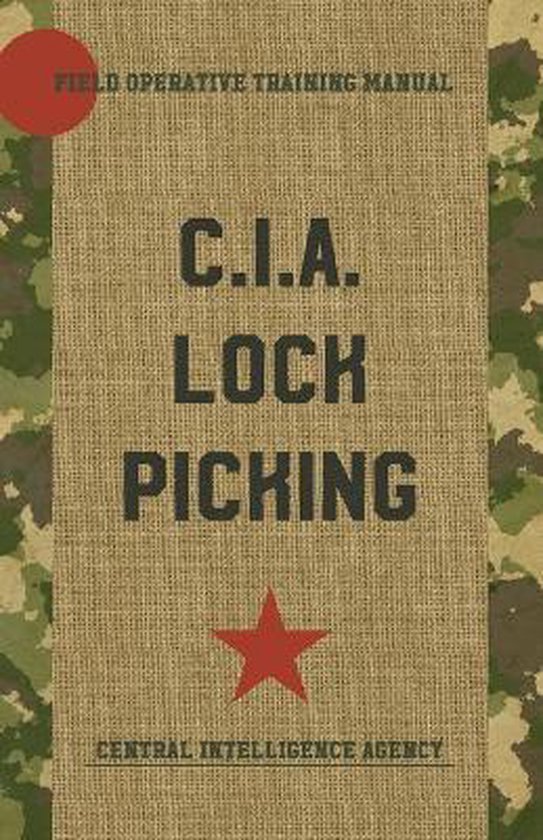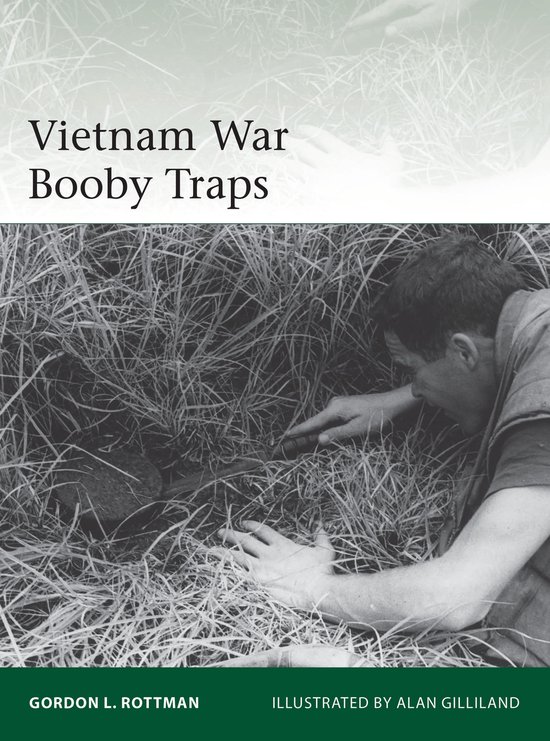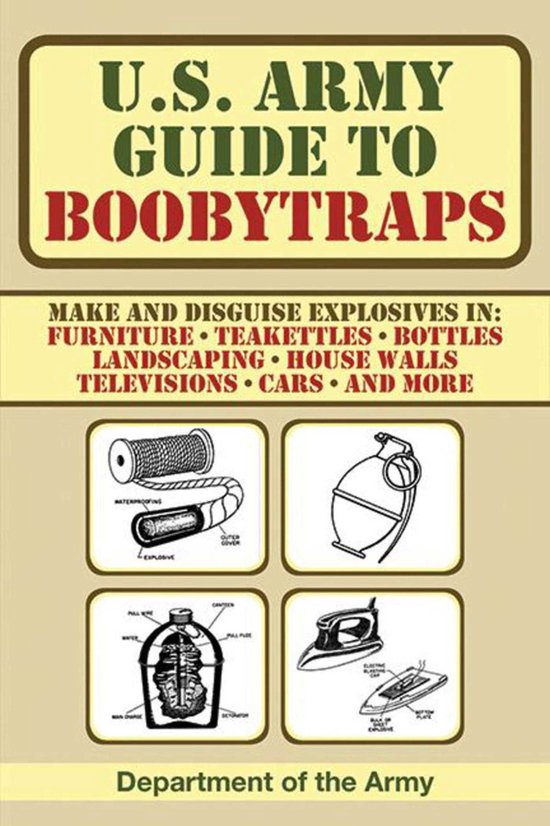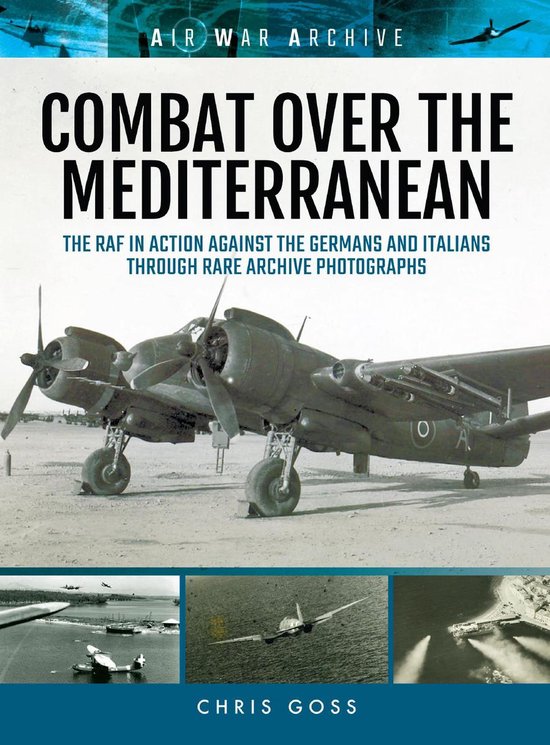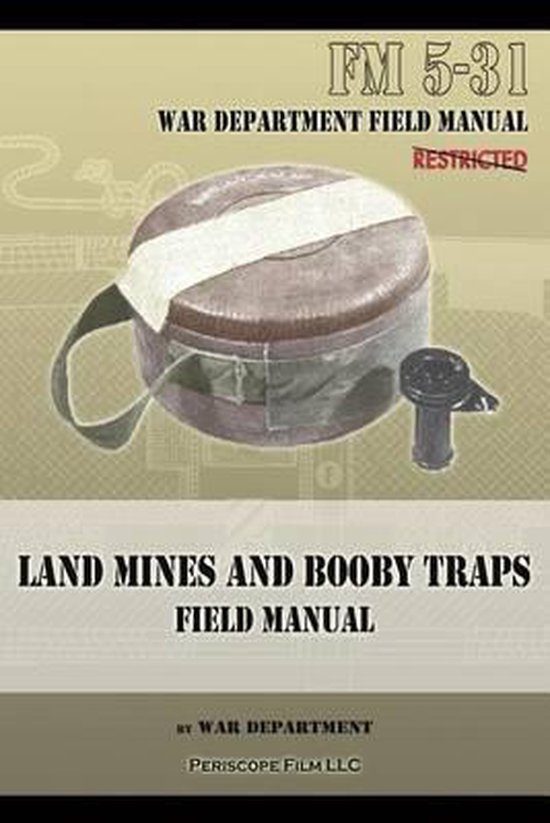
Land Mines and Booby Traps Field Manual
Both anti-tank and anti-personnel land mines were used by the Axis and Allied powers during WWII. Designed to immobilize track or wheeled vehicles, anti-tank mines are normally employed in clusters known as mine fields. The typical charge of an anti-tank mine is six to twelve pounds. Usually they are not dangerous to personnel, since the heavy pressure or magnetic action produced by a vehicle is necessary to detonate them. Antipersonnel mines are used primarily to produce casualties to foot soldiers. They may be placed for specific tactical purposes, such as the protection of mine fields or other obstacles, on strategic ground, or in such a way as to provide local security; or they may be placed as nuisances that harass and delay the enemy's advance. With an explosive charge of a quarter pound to four pounds, this type of mine is not effective against armored vehicles. Created in 1943, this field manual covers the employment, types, and characteristics of land mines and booby traps of various nations. It includes methods to locate, disarm, defuse, and remove these obstacles. Originally labeled restricted, this manual was declassified long ago and is here reprinted in book form. Care has been taken to preserve the integrity of the text."
| Auteur | | War Department |
| Taal | | Engels |
| Type | | Paperback |
| Categorie | | Technologie & Bouwkunde |
